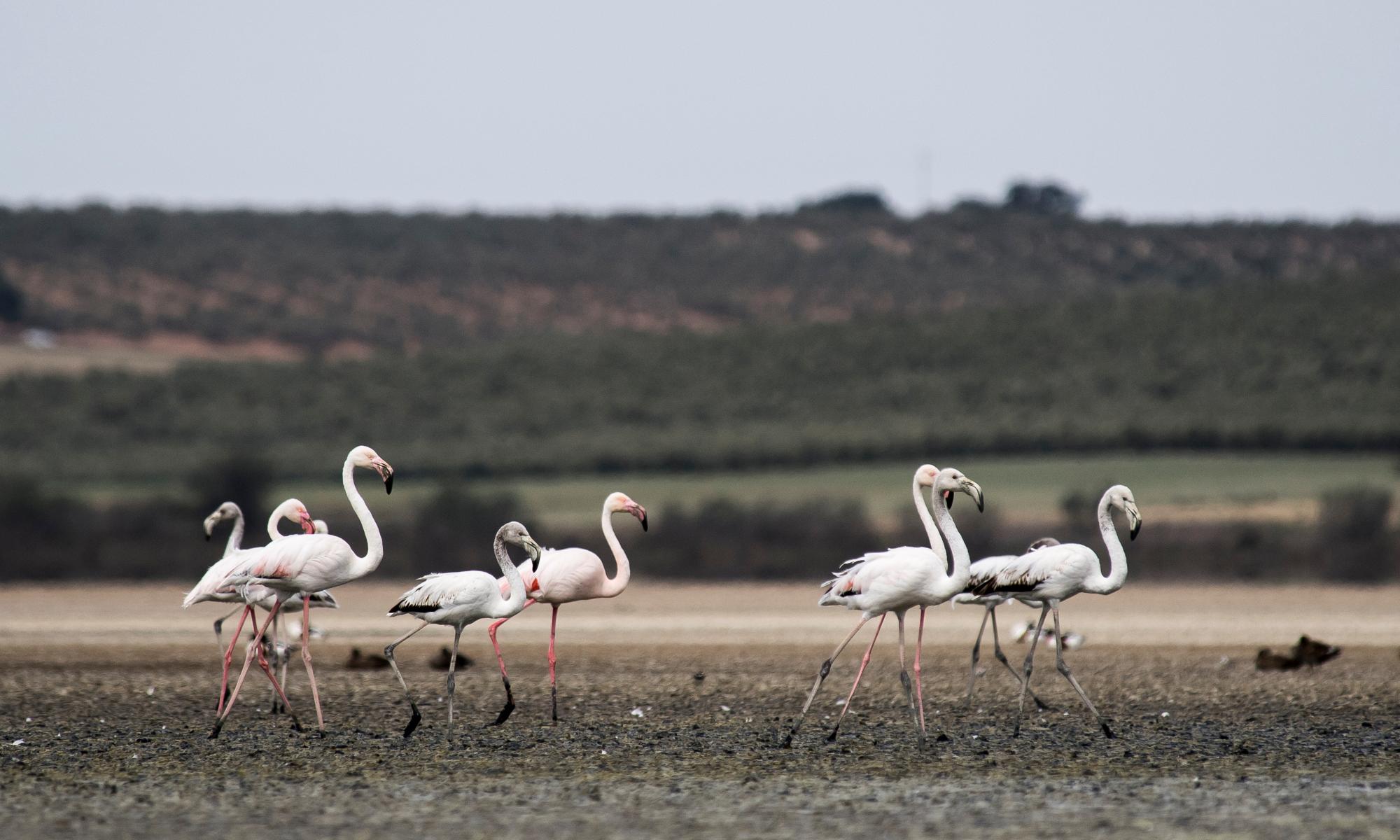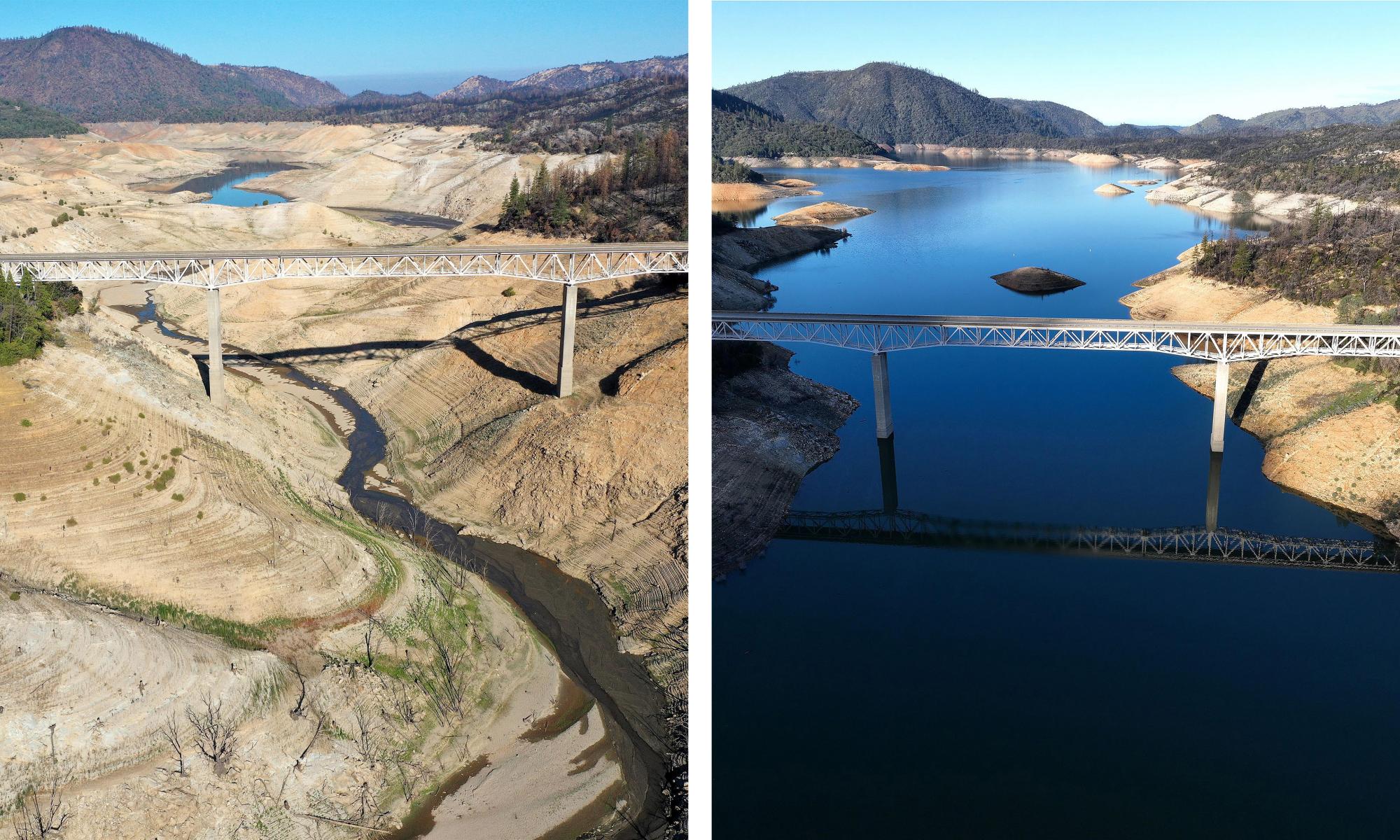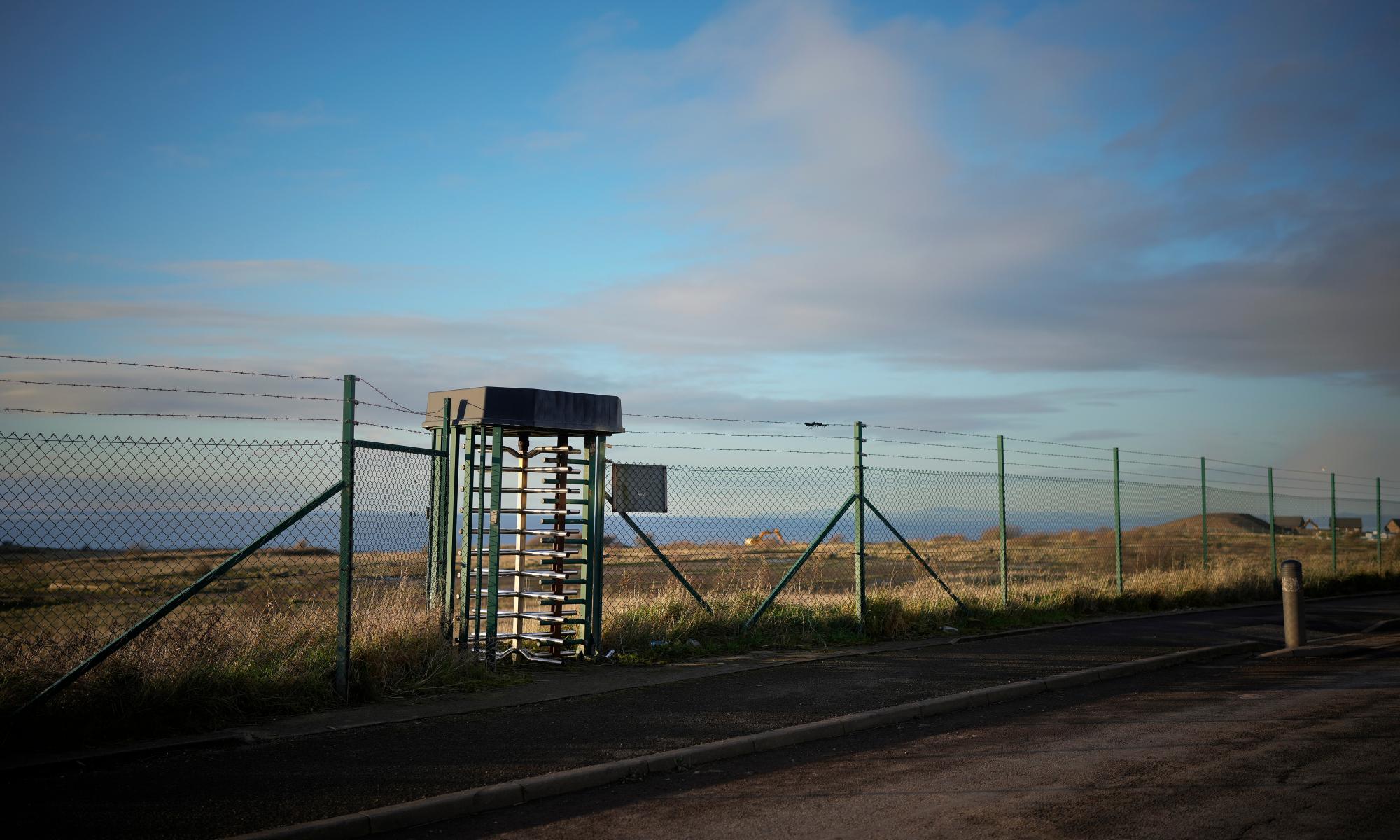Rich countries must urgently develop a plan to assist countries suffering the ravages of extreme weather, as failure to take early action on the climate crisis has left them increasingly vulnerable, developing nations have said.
The V20 – made up of the 20 vulnerable countries facing the worst impacts of the climate crisis, and least able to cope with them – set out its proposals on Monday for how rich countries should pay for the “loss and damage” caused by the climate crisis.
Its demands are likely to be a key issue at the Cop27 UN climate summit, which starts in Egypt on 6 November. Loss and damage refers to the most disastrous impacts of climate breakdown, such as hurricanes or severe floods like those that recently hit Pakistan.
Shauna Aminath, the minister of environment for the Maldives, told the Guardian it was the failure of the world’s richest nations to help poor countries build their resilience to extreme weather, for instance through constructing seawalls or preserving natural flood barriers, that had forced them to address loss and damage.
“The reason we are talking about loss and damage is that we have failed on adaptation finance for years,” she said. A longstanding pledge by rich countries to provide $100bn a year by 2020 in climate finance to poor countries has still not been fulfilled, and most of the money that does flow goes to emission-cutting projects in middle-income countries, rather than helping the poorest to adapt to climate impacts.
Aminath pointed out that rich countries had found cash to cope with the Covid-19 pandemic, and to help Ukraine. “So it’s very obvious that it’s not a lack of money, or a lack of technology, that is the problem,” she said. “The issue is the lack of political will and the refusal to see the climate crisis as an emergency.”
Helping poor countries with the loss and damage they faced also had to go far beyond the standard disaster responses to the immediate impacts of extreme weather, added Aminath. When climate-related disasters, such as hurricanes or floods, hit they cause damage not just to physical infrastructure, which donors often concentrate on, but also on social wellbeing, including health and education.
“These are the social issues that are left behind after the donors leave [in the aftermath of disaster],” she said. “There is also internal displacement, and the resulting problems with social integration, which are very important.”
Many countries are already spending an increasing slice of their budgets on climate protection, which could otherwise be spent on health, education and lifting people out of poverty.
“Any discussion of loss and damage must recognise these socio-economic impacts,” said Aminath. “Climate change means our fiscal base is shrinking. This affects our social protections.”
The V20 points out that it is the G20 countries – the world’s biggest economies, made up of both developed and rapidly industrialising nations – that produce about 80% of global greenhouse gas emissions. So far, although some countries have put stiff targets in place, the G20 has made limited progress on cutting carbon.
The V20 discussion paper includes proposals to levy a windfall tax on oil and gas producers, or on frequent flyers, to raise money for a loss and damage fund. These are unlikely to be adopted at Cop27, but point to the variety of different ways of raising and allocating funds that could be included in an overall loss and damage strategy.
Aminath said publicly funded development banks, such as the World Bank, should play a strong role, along with the International Monetary Fund that offers a method of finance called special drawing rights, as well as G7 governments and others. “We need a mosaic approach to loss and damage,” she said.
Aminath said it was unlikely that the issue of loss and damage would be fully resolved at Cop27, but that strong progress on the issue could still be made. “I hope we will be able to start thinking about loss and damage in a meaningful way that does not get lost in political rhetoric.”


